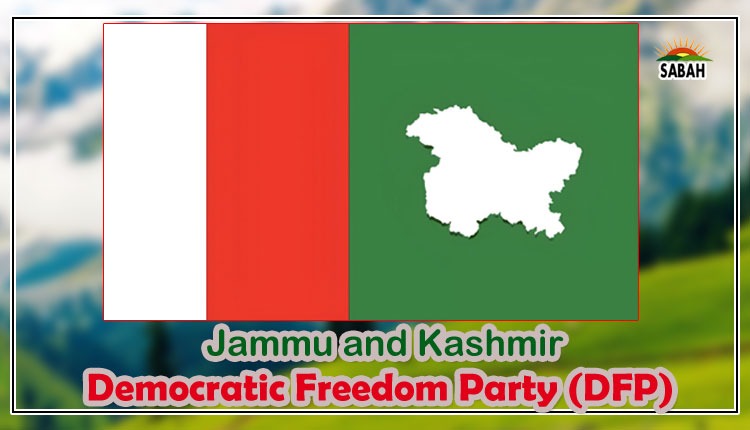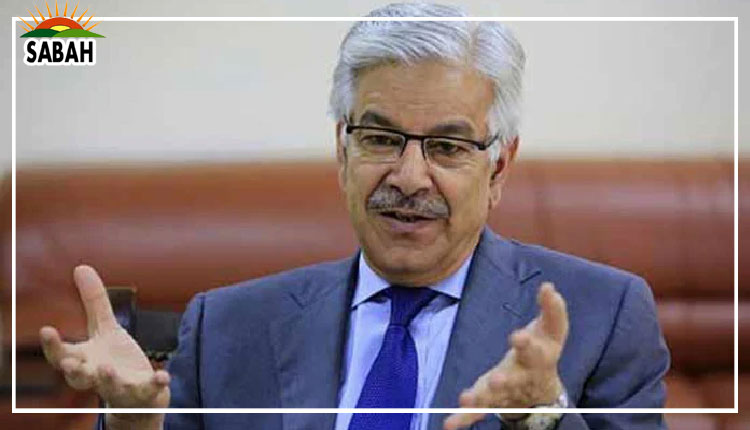No room to manoeuvre…Almazia Shahzad
Even though the prospects of stable governance are far and bleak, the government must keep running and soon there will be chatter surrounding the budget. He who sits on the throne will aim for a high growth rate and would want to know how much fiscal space there is (read: will have to create) to achieve it. Well they have none and they should not attempt the latter. The countrys large persistent fiscal deficit has been at the centre of recurring macroeconomic instability.
Government revenues only cover around 60 per cent of total expenditures, with a fairly rigid fiscal spending structure and significant untapped potential sources of revenues. The remaining 40 per cent of the expenditures are financed through borrowing, of which borrowing through domestic banks is the most sizeable.
Each of the three dimensions feed into one another to magnify the problem. Almost 80 per cent of the total spending is pre-committed obligations of the government in form of interest payments, salaries of government employees and pensions, defence, subsides and grants. Interest payments on borrowed resources take up the largest share in government expenses.
In FY2023, these payments were 36 per cent of the governments expenditure, and are even higher at 45 per cent in H1 of FY2024. The government is essentially borrowing to meet just the cost of borrowing, hence adding to the future cost of borrowing and exacerbating the fiscal deficit situation.
Considering that there is no way out of meeting the interest liabilities or salaries of employees, dare we touch the subject of pensions and defence, at the very least expenditure on subsides and grants merit a review. The primary beneficiaries of these are the state-owned enterprises (SEOs) and the energy sector: gas and petroleum. Multiple policy papers have asserted that these are regressive, ineffective and distortive expenses which add about 13 per cent to the governments burden. By contrast only 10 per cent, perhaps even less, is allocated to development programmes and susceptible to being slashed when the government runs out of capacity to borrow further.
On the revenue side of the governments balance sheet, the highly skewed tax system creates distortions in the market, directing resources to unproductive investments. Under taxation of the real-estate sector has made it more profitable for firms and individuals to invest in property relative to the manufacturing sector in tradeable goods.
Tax collected on agricultural income and the retail sector remains much lower than its contribution to the GDP. In contrast, those employed in the formal sector lift a much larger burden of taxes, having to pay in the form of direct as well as indirect taxes. These are among the addressable issues in the tax system, but governments irk at the mere mention of ideas resembling higher taxes for the fear of displeasing the electorate. It appears they need to be reminded of the inflation tax.
Ignoring the nuances of the matter, in non-technical terms, high levels of bank borrowing are facilitated through printing money which causes inflation. Higher inflation lowers the real value of household income, acting as a tax. However, since this inflationary impact appears much later than the apparent short-term growth induced through high levels of government spending, the time lag is exploited for political leverage.
What in fact has happened to the economy is the crowding out of private investment through the banking sector, allocation of capital to unproductive sectors, minimal expense on human development and the debt burden reaching alarmingly high levels. In FY2023, the general government debt was 77.1 per cent of GDP.
Unfortunately, our policymaking process is constrained by use of fiscal policy for economic growth rather than enhancing the economys productivity capacity for gains and a short-term vision. But if securing an IMF programme and serving the generations of Pakistan is on the agenda, office holders would benefit from remembering that growth ought to be an outcome of policies not a target. Think sustainable, productive, long term. Act. The country stands on a weak foundation; it needs to be rebuilt and now.
Courtesy The News












